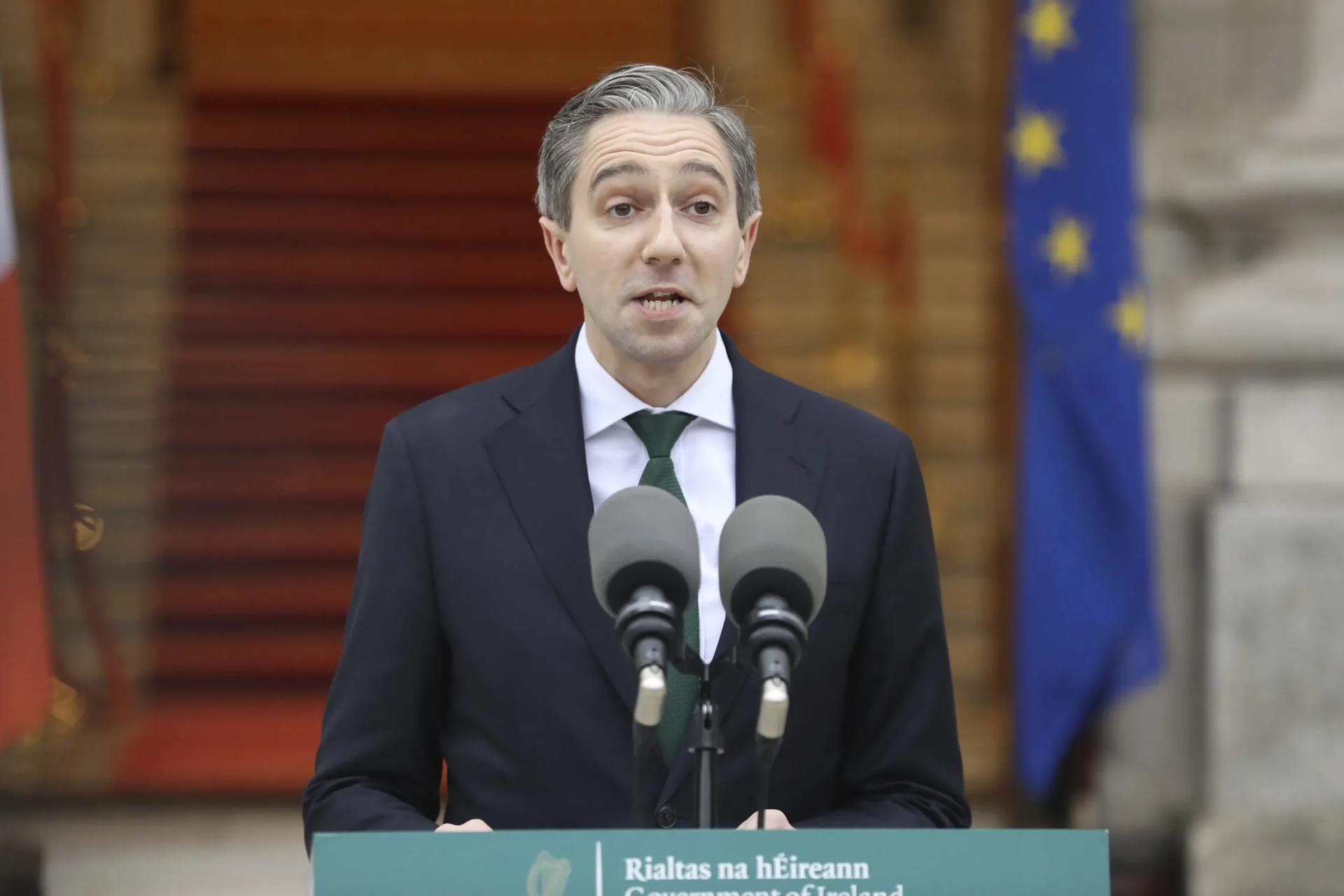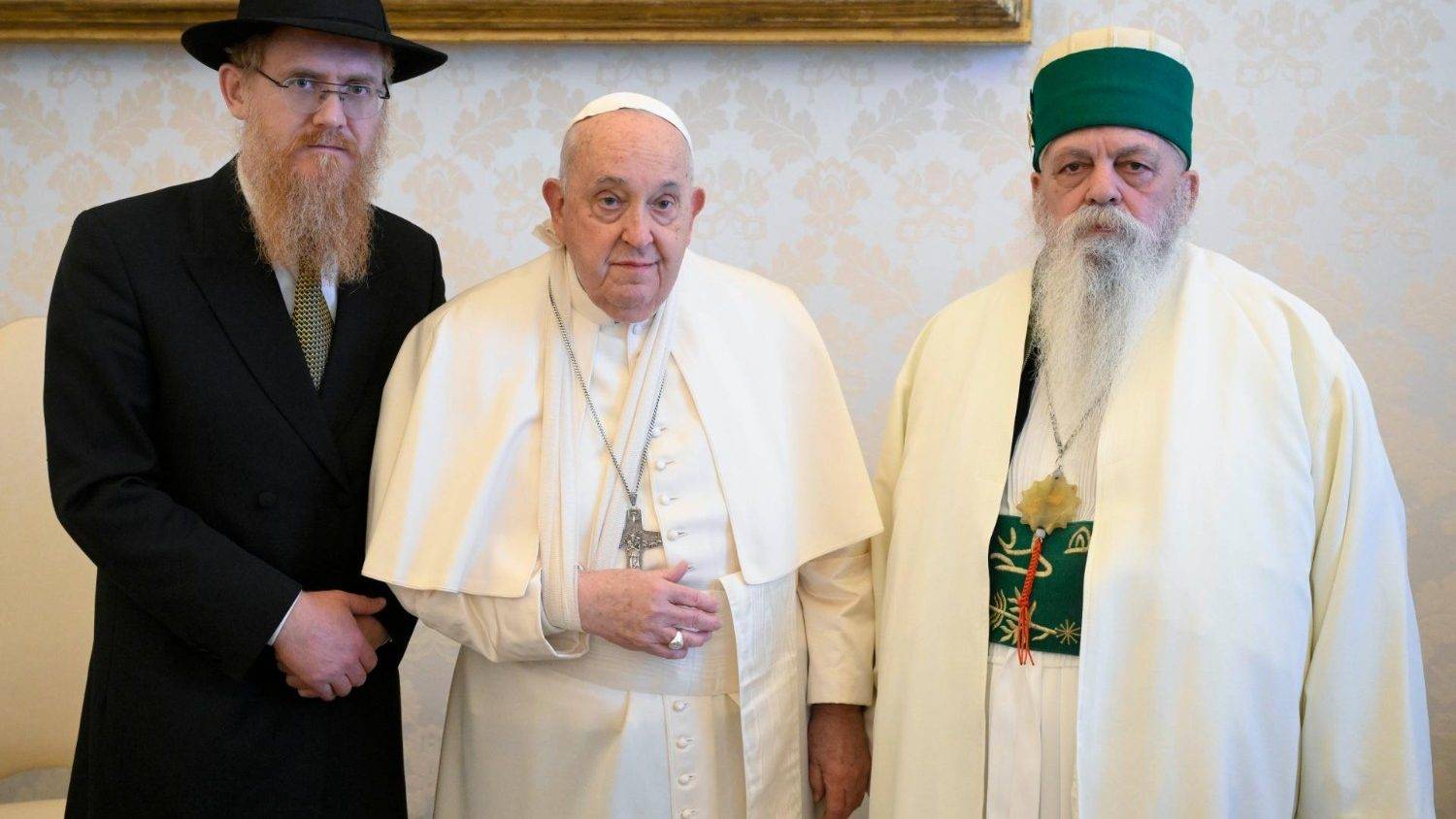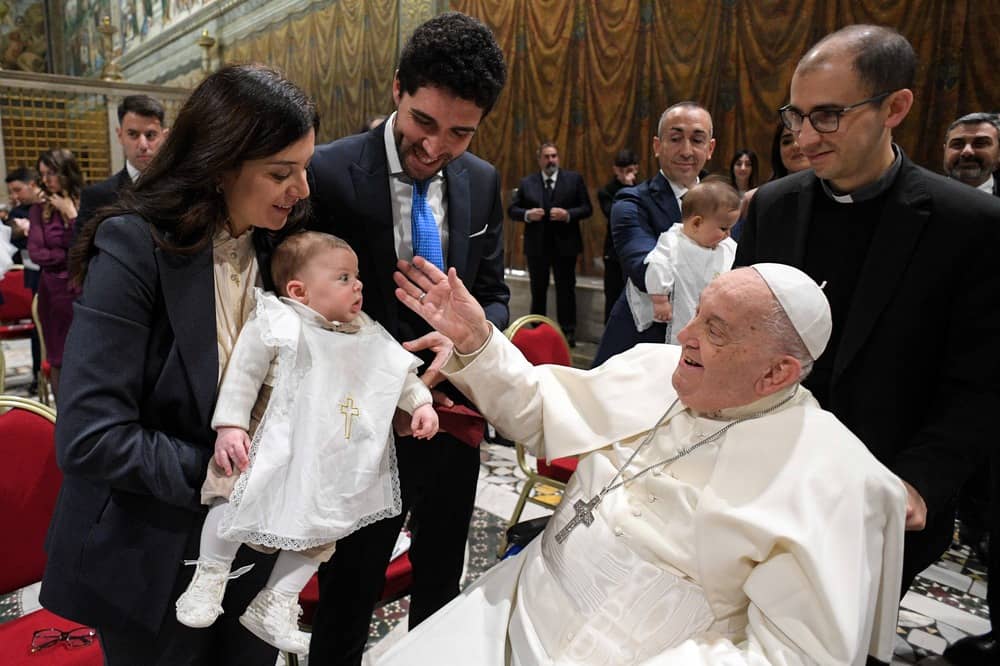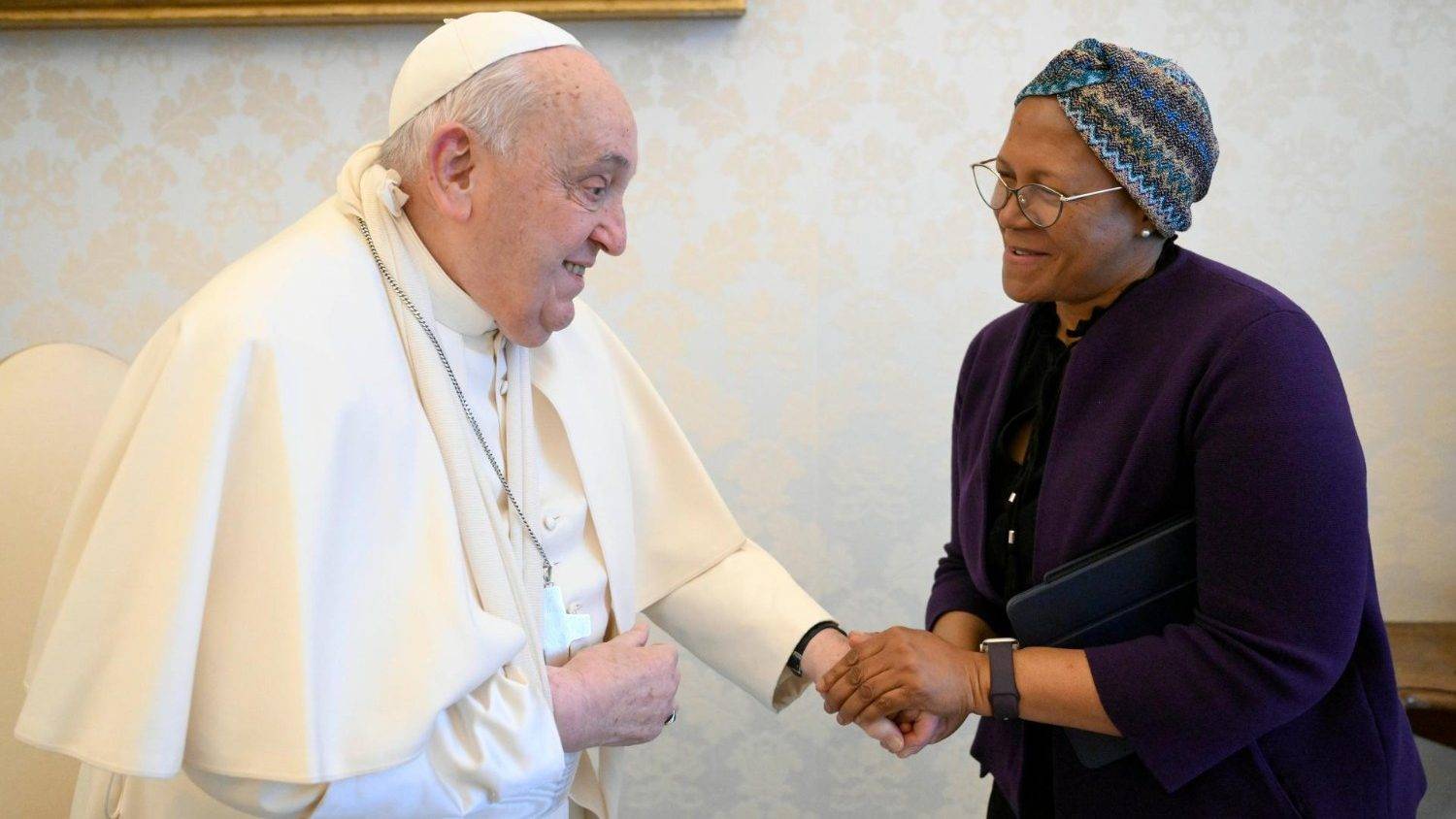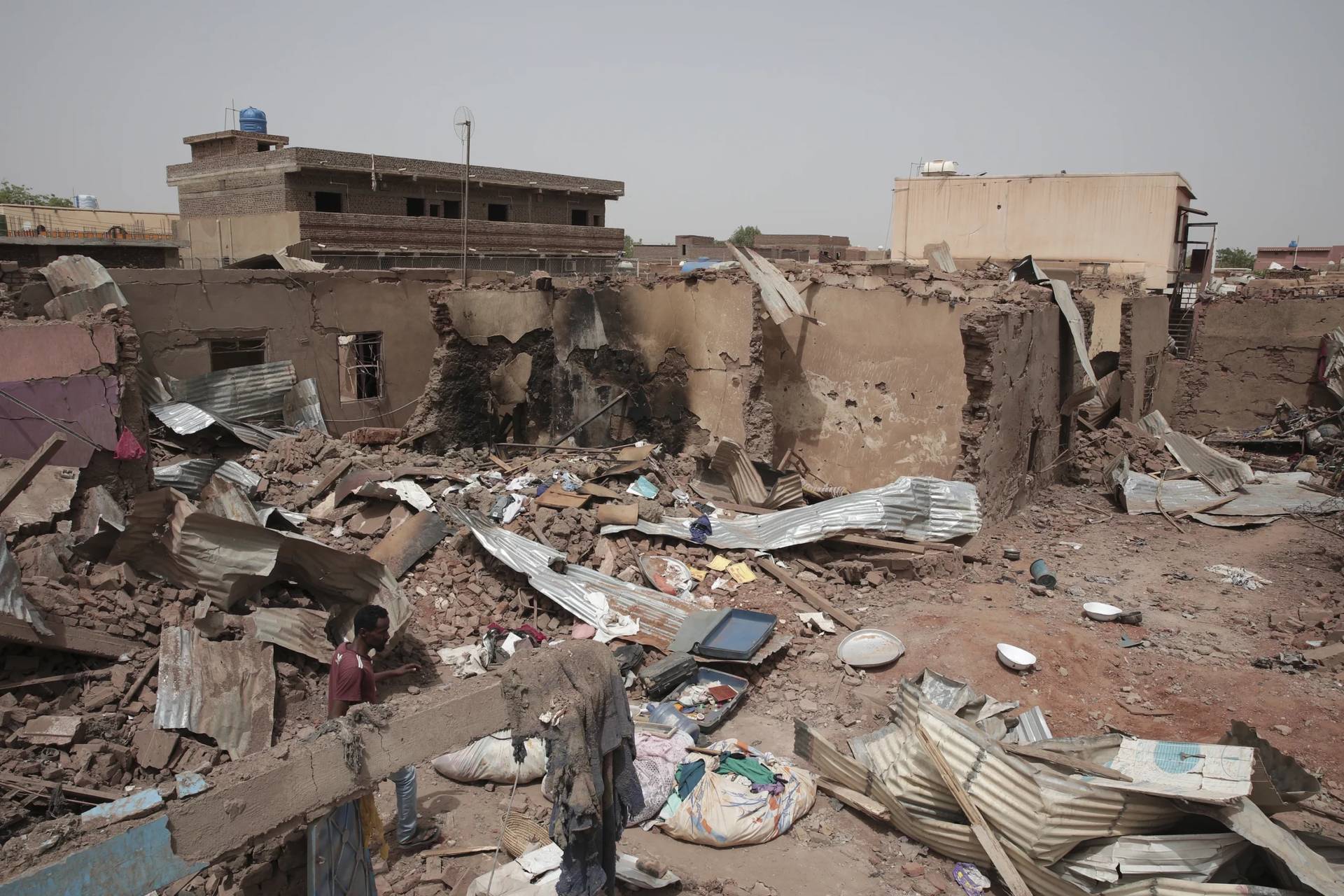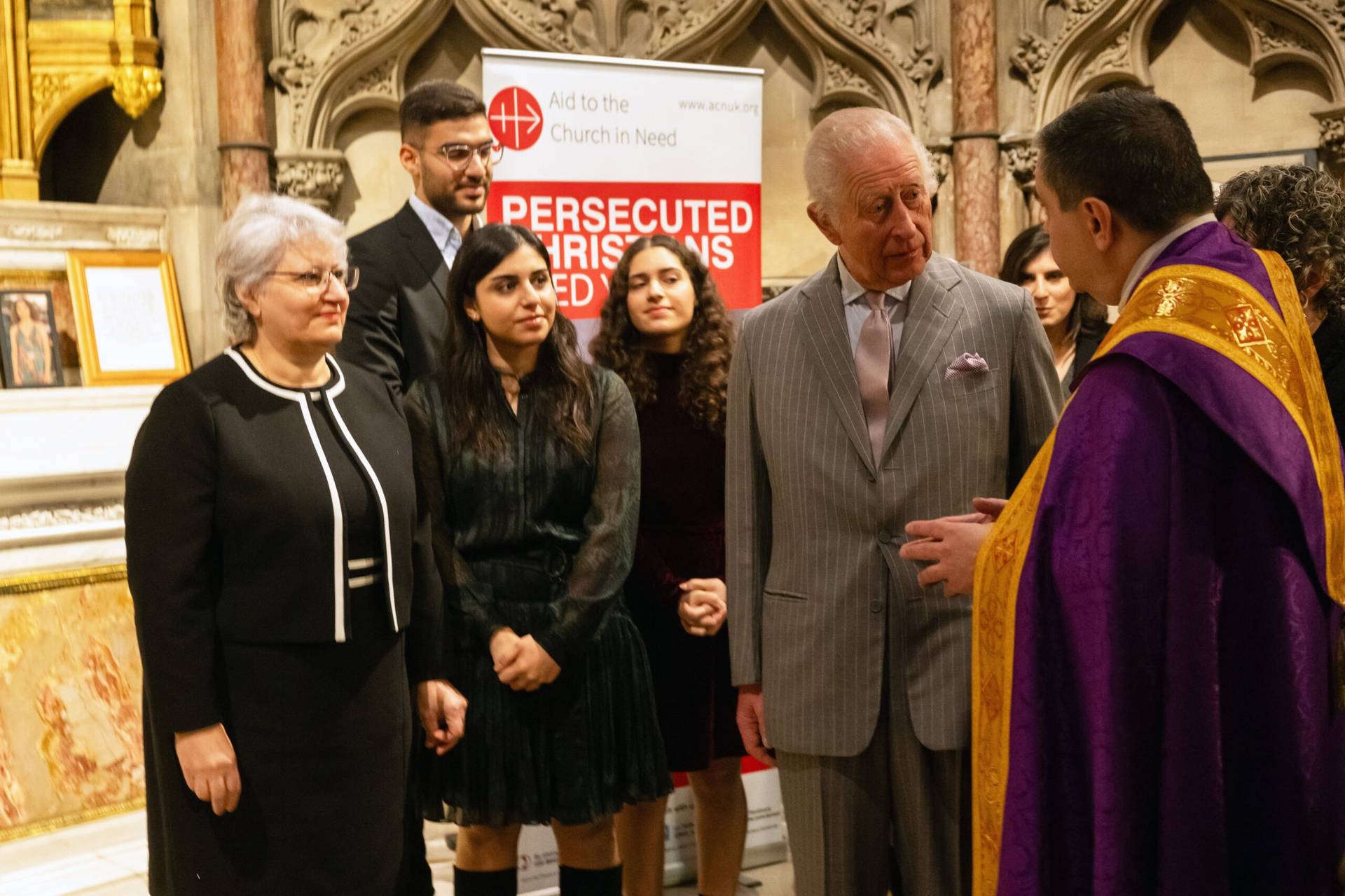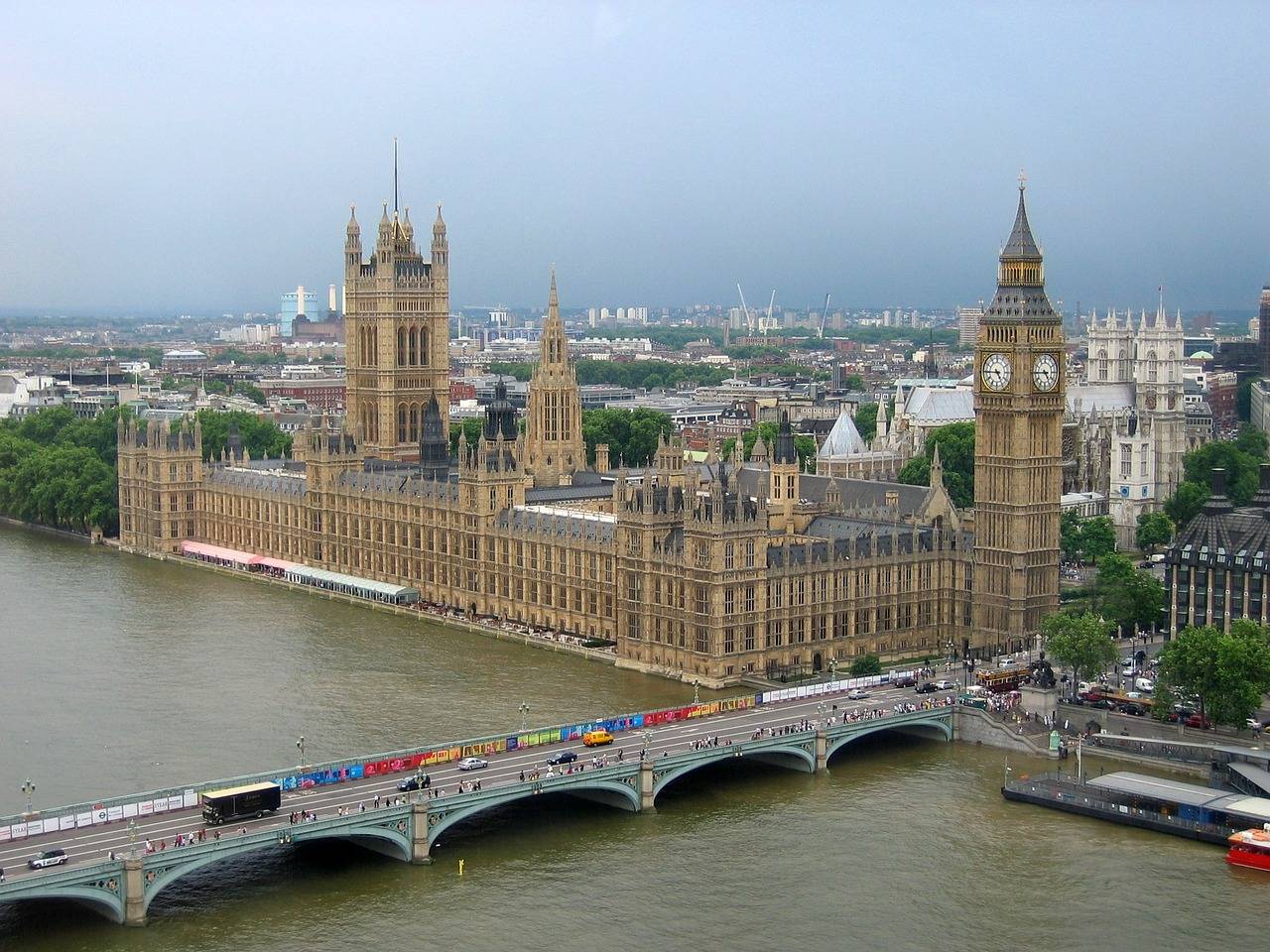LEICESTER, United Kingdom – As the Republic of Ireland prepares for elections, the nation’s bishops are calling on voters to remember the right to life – at every stage.
Elections are being held on Nov. 29, with the current coalition government joining Fine Gael, Fianna Fáil and Green Party being dissolved.
Although Fine Gael and Fianna Fáil have traditionally been seen as center-right parties, over recent years both have supported a more liberal social agenda, and the country has seen abortion and gay marriage legalized, and they are considering legalizing assisted suicide.
“We believe that an absolute commitment to dignity, value and right to life of every person – at every stage and in every condition of life – is vital for the sustaining of a vibrant, hope-filled cohesive, flourishing society,” the Irish bishops said in a statement issued on Wednesday.
“This commitment must be part of our political dialogue and the actions of those whom we elect. Over recent years, we have witnessed a diminution in the respect for human life in our political discourse. The value of people’s lives seems to be calculated as if it were simply part of a cost-benefit analysis,” the bishops say. “Where is the hope in this?”
The statement notes the country now has a “very liberal abortion law,” and pointed out since the introduction of the legislation in 2018, around 40,000 abortions have been carried out in Ireland.
“And some politicians want to make it even more liberal. Now we have efforts being made to make legislative provision for ‘assisted dying’ in Ireland. A recent report from an Oireachtas Committee has made recommendations to the incoming Government that assisted dying be allowed in certain, restricted circumstances. We totally reject that recommendation because a fundamental principle of civilised society is that no person can lawfully take the life of another,” the bishops say.
In their statement, the bishops also spoke about the increase in conflicts occurring around the world.
“The war in Gaza and the Middle East must stop now. Enough is enough! The plight of the people of the region is horrendous. So too is the inability of the international community to act to bring about a ceasefire and a longer-term solution to the questions involved,” they say.
“Similarly, the international community has a role to play in bringing peace to Ukraine and to other areas of conflict in our world, including Sudan, Myanmar, and Yemen. War, militarisation and the proliferation of arms, is a stain on our humanity,” the statement continues.
“Pope Francis reminds us that throughout the Bible, justice, peace and faith go together. He invites us to oppose a culture of cruelty and war and, instead, always promote a culture of peace and bear witness to human solidarity and love,” it says.
The bishops point out Irish peacekeeping troops operate in many troubled areas of our world.
“As a nation we contribute also in the area of human development through a number of agencies operating from our country. We ask all political parties to ensure the budget for overseas development aid is maintained and increased over the coming mandate,” the statement says.
The Irish bishops also acknowledge things are improving on their own island, with the political institutions in Northern Ireland once again up and running.
“We encourage the Governments of Ireland and Britain to continue to support the Assembly and Executive in their work of governance for all the people of that part of our island. In this context, both Governments must continue to enhance measures that will genuinely address legacy issues, build true reconciliation at every level and underpin investment within Northern Ireland and on a cross-border basis. The work of the ‘Shared Island Initiative’ is one of the signs of hope for better understanding and progress,” the statement says.
The bishops also say churches and faith communities have an important contribution to bring to this national and local conversation “by helping – with others – build and sustain an Ireland that protects and values the potential of every person.”
“The current structures for Church-State dialogue are not functioning for the greater good of society and are in need of review. Any such structures must be made work so that the voice of Churches and other faith communities can be heard and contribute to a national reawakening based on the reality of people’s lives, and not ideology or special interests. As a Church, we are open to engaging with Government and with other Churches and faiths on this question,” the statement says.
Follow Charles Collins on X: @CharlesinRome
